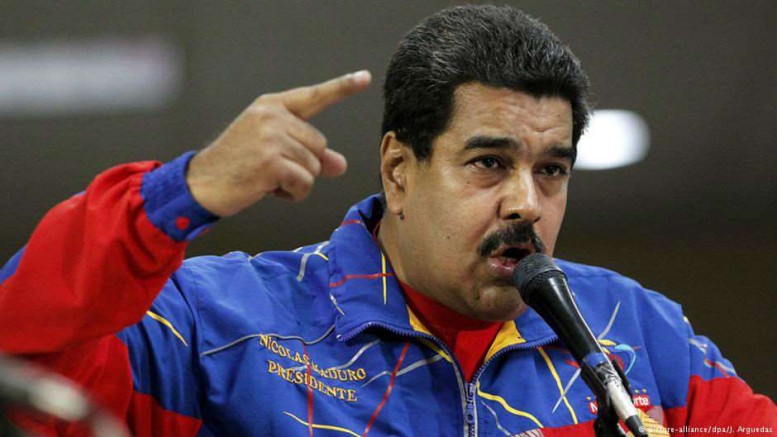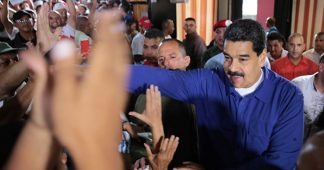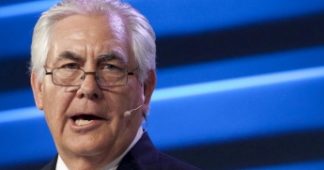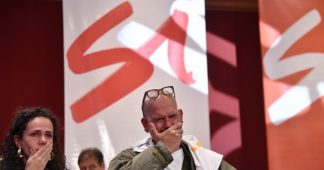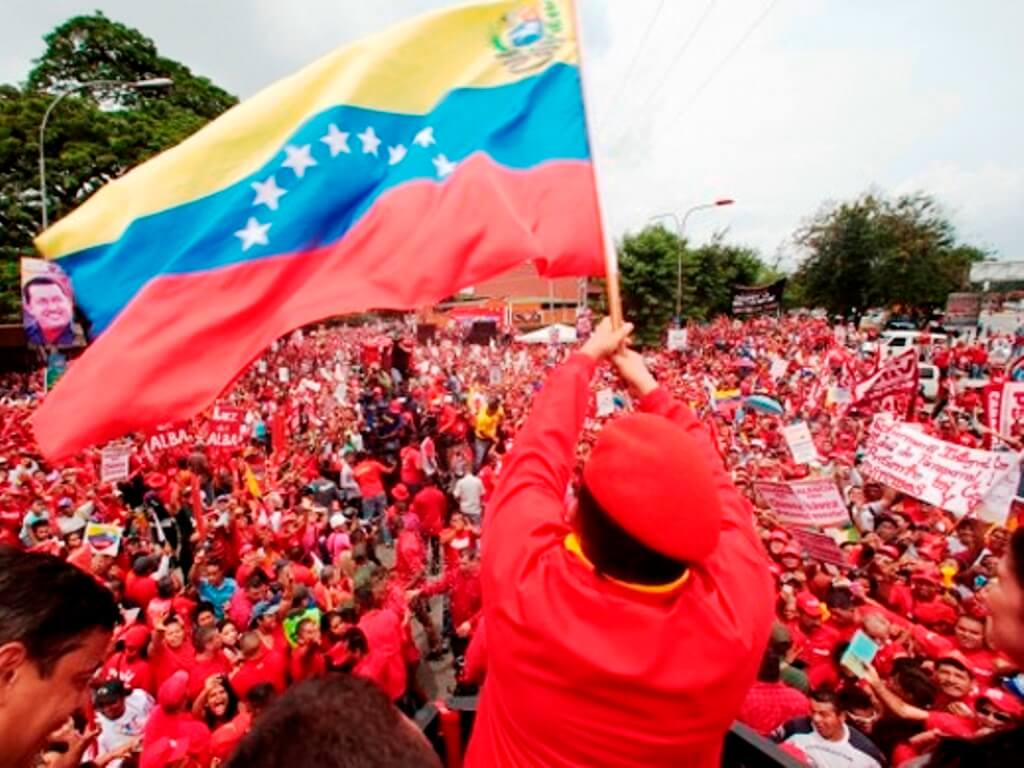Source: TeleSur / The Dawn News
Venezuelans voted Sunday for representatives of the National Constituent Assembly, amid what the government has called a targeted media campaign to destabilize the country and destroy its sovereignty.
International media outlets rushed to discredit the vote, sharing grossly misrepresentative accounts of the historic electoral process.
The U.S. newspaper Washington Post, for instance, wrote “the decision to hold the vote appeared set to prolong and deepen the suffering of the people of Venezuela” — despite assurances from Venezuelan President Nicolas Maduro that the purpose of the election was to ease economic and political conflicts with the opposition.
The Washington Post also insisted the nation’s 2.8 million state workers “risked losing their jobs if they did not vote.”
The media outlet went even further, claiming the internal and democratic election represented “a direct challenge” to the administration of U.S. President Donald Trump after it demanded that the government cancel the vote.
It said Maduro “defiantly followed through Sunday with his pledge” to hold the election, “creating a critical new stage in a long-simmering crisis that could mint the Western Hemisphere’s newest dictatorship.”
These inflammatory comments, however, do not acknowledge that the right to call a National Constituent Assembly is included in the country’s Constitution and supported by several articles of its text. Indeed the absolute independence of the members of the Constituent Assembly to make changes to the Constitution is protected under these articles.
Germany’s Deutsche Welle meanwhile said the election “will cement a socialist dictatorship” — ignoring the fact that Venezuelans have the right to call for a Constituent Assembly and that the new Constitution will need to be approved by the people.
The British media outlet BBC referenced the recent deaths during violent protests in Caracas, placing the full responsibility for the clashes between protesters and security forces.
But Venezuelan Armed Forces have denied these accusations. In a press conference Sunday, Minister of Defense Vladimir Padrino Lopez said that none of the injuries or deaths could be attributed to the Armed Forces. The article also ignores the eight members of the Armed Forces who were severely injured while protecting Venezuelans’ right to vote.
The CNN, a longtime critic of the Venezuelan government, argued the Constituent Assembly was controlled by Maduro and that the “vote would give the president immense political power.”
This statement fails to take into account that no other state institution may interfere in the new legislative body. Only the 545 officials elected by the citizens from different sectors of society can draft the new Constitution.
CNN also reported that Maduro would replace Venezuela’s National Assembly — a situation that has never been stated in the decree to call for an open and direct vote.
Canada’s Globe and Mail said “voters broadly boycotted” the election, ignoring the numerous of photos and videos of people lining up to vote at dawn and even wading through swamps to reach the voting centers. The article also does not include the countless reports of seniors and people with disabilities eagerly casting votes across the country.
“Caracas was largely shut down with deserted streets and polling stations were mostly empty, dealing a blow to the legitimacy of the vote,” said the Globe and Mail without any evidence.
The Guardian joined the mainstream criticism, calling the election an action that will “seal the demise of the oil-rich nation’s democracy.”
Again, the article failed to acknowledge the thousands of people who fought to earn the opportunity to be candidates in this historical event, including candidates from the LGBT community, student organizations and women and campesino groups.
Finally, the New York Times reported on the election with the headline: “As Venezuela Prepares to Vote, Some Fear an End to Democracy.”
The article reported, “Maduro is pushing a radical plan to consolidate his leftist movement’s grip over the nation,” forgetting that candidates are not voted for according to their political parties but through individual candidacies.
In one of the bluntest accusations, the newspaper argued Maduro “has refused to negotiate with street protesters,” a claim that blatantly ignores Maduro’s ongoing calls for peaceful dialogue and guidance from the Vatican.
It concludes by accusing the president of Venezuela of seeking an “unchecked authority not seen since the juntas that haunted Latin American countries in decades past,” as Maduro and the Bolivarian Revolution have vowed to fight the same external interference that brought the U.S. backed dictatorships to the region in the 60s.
